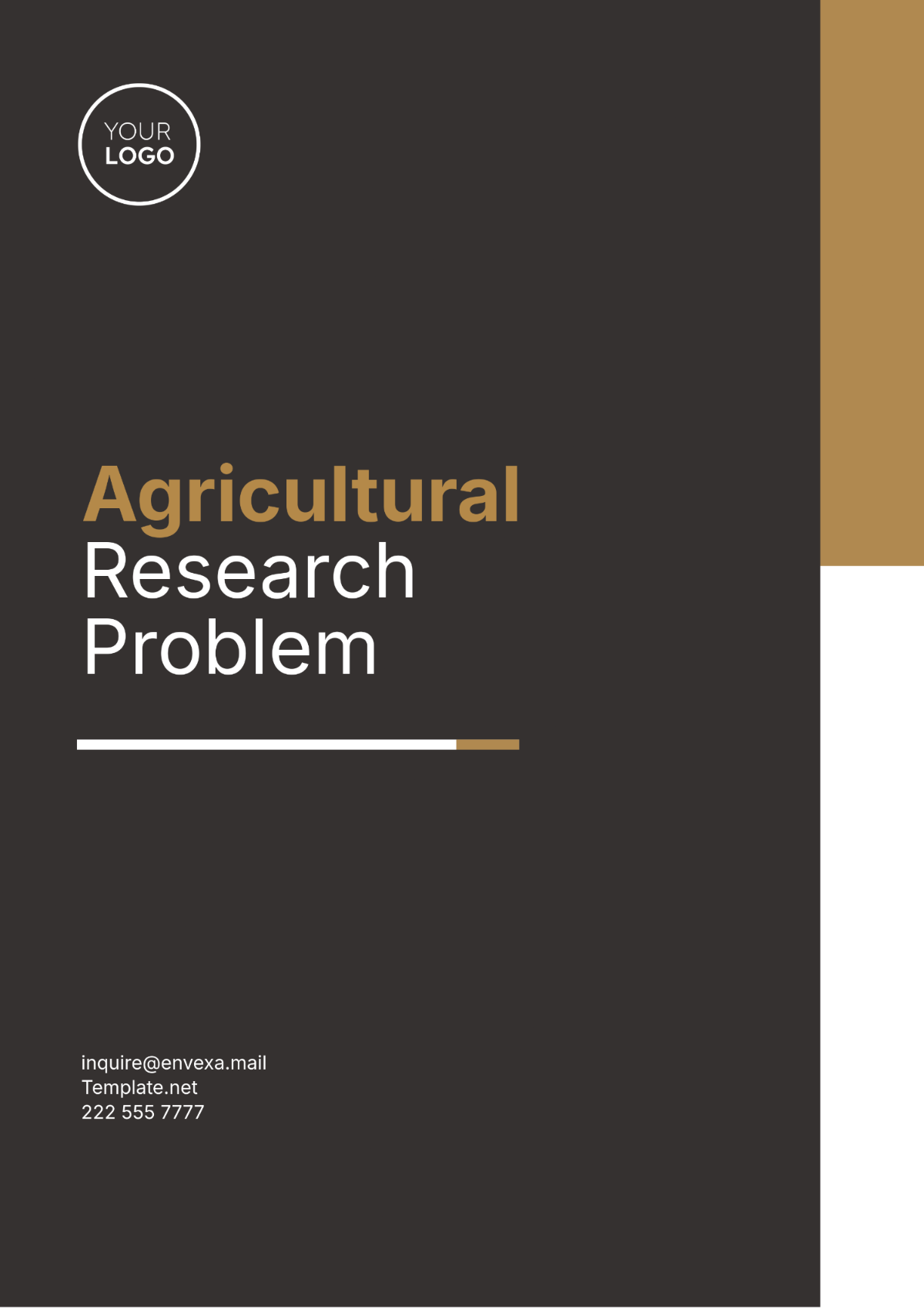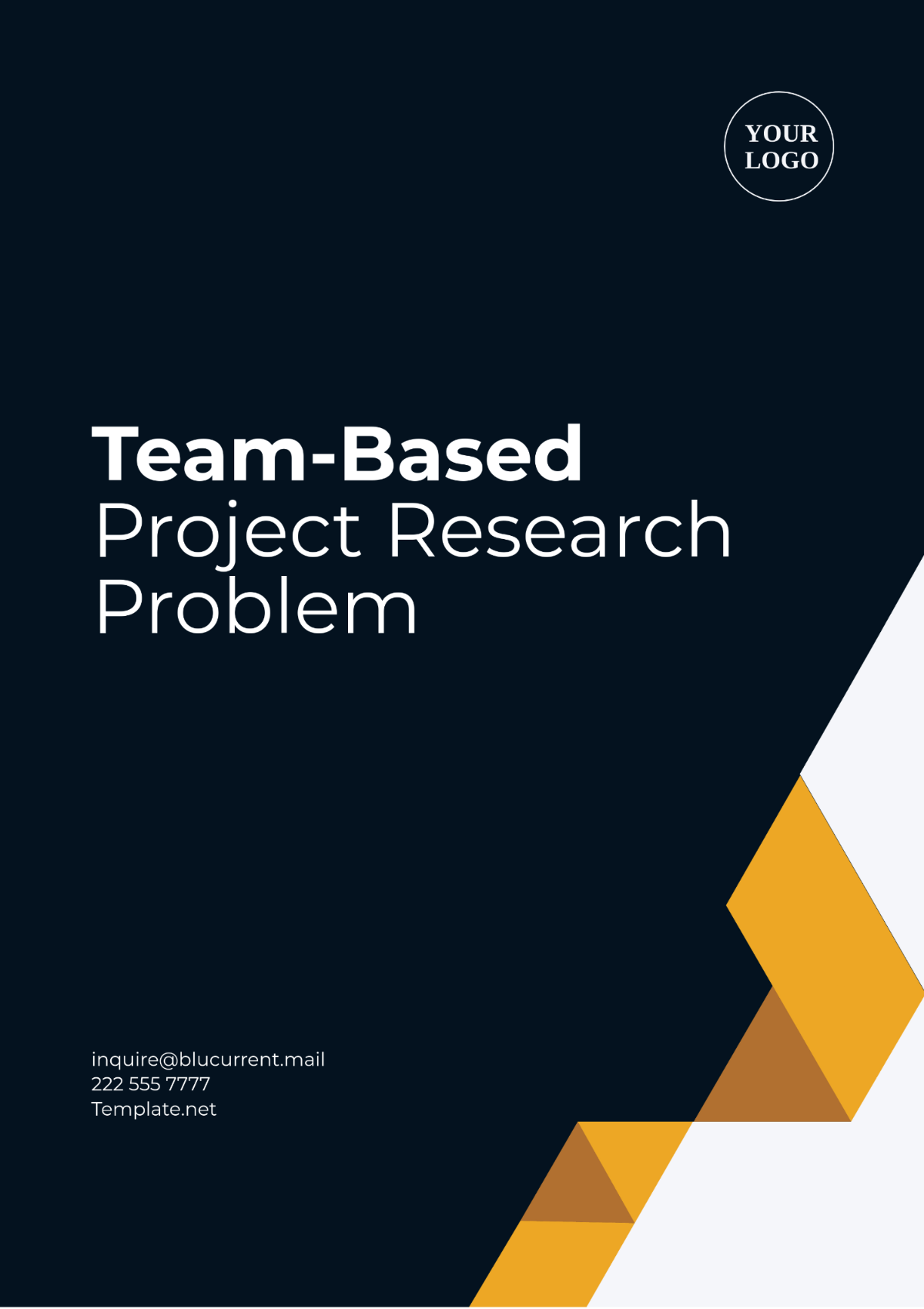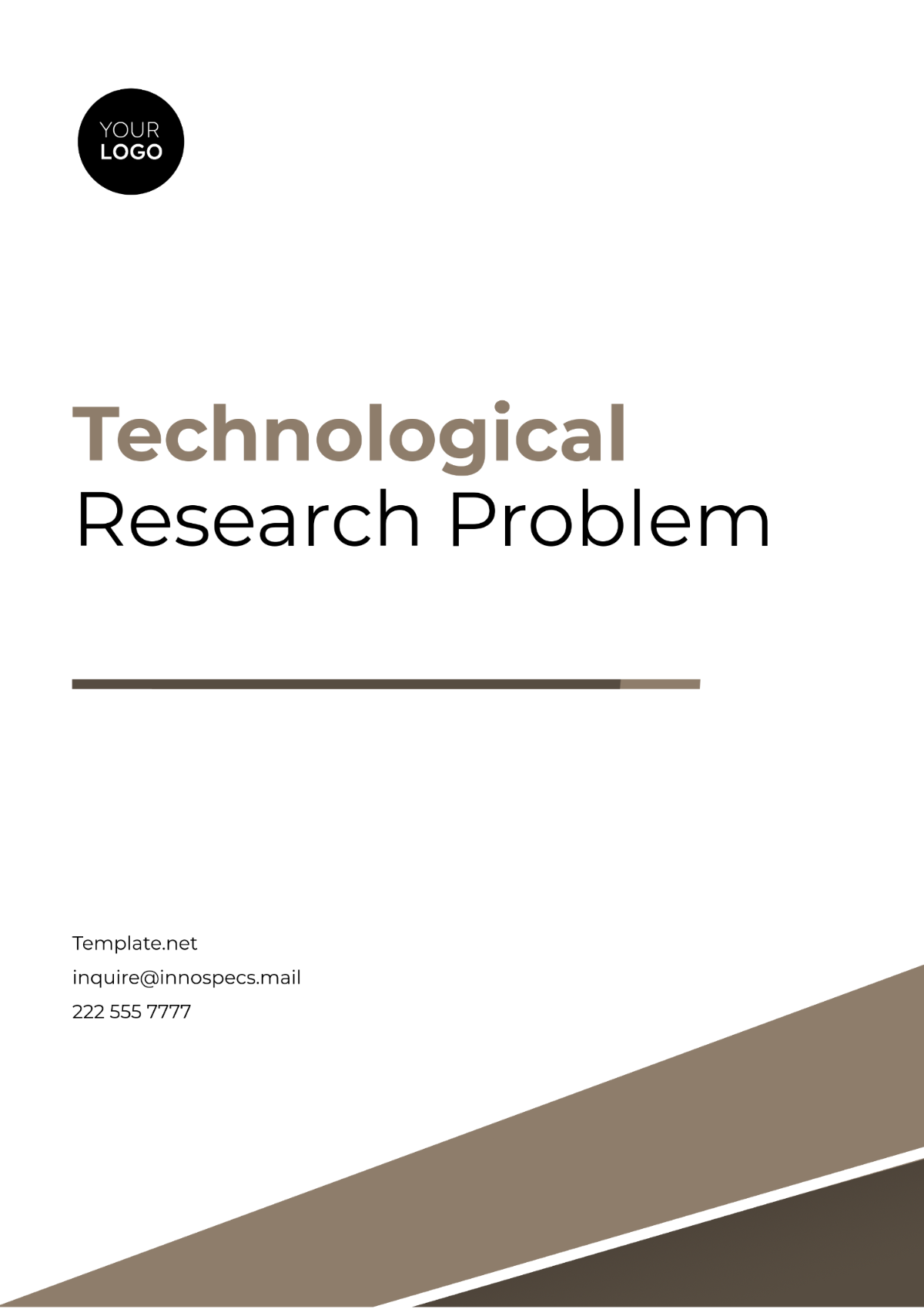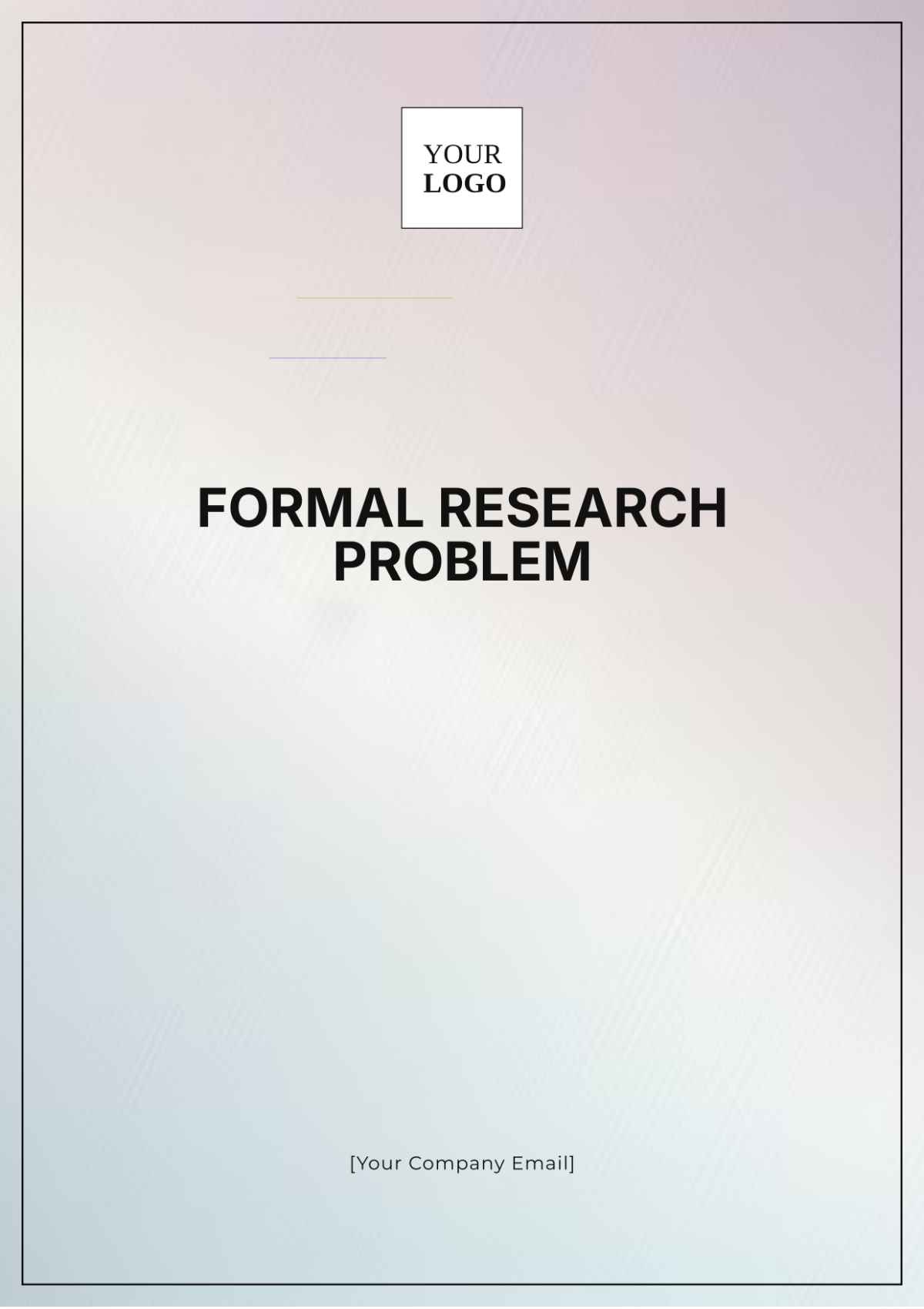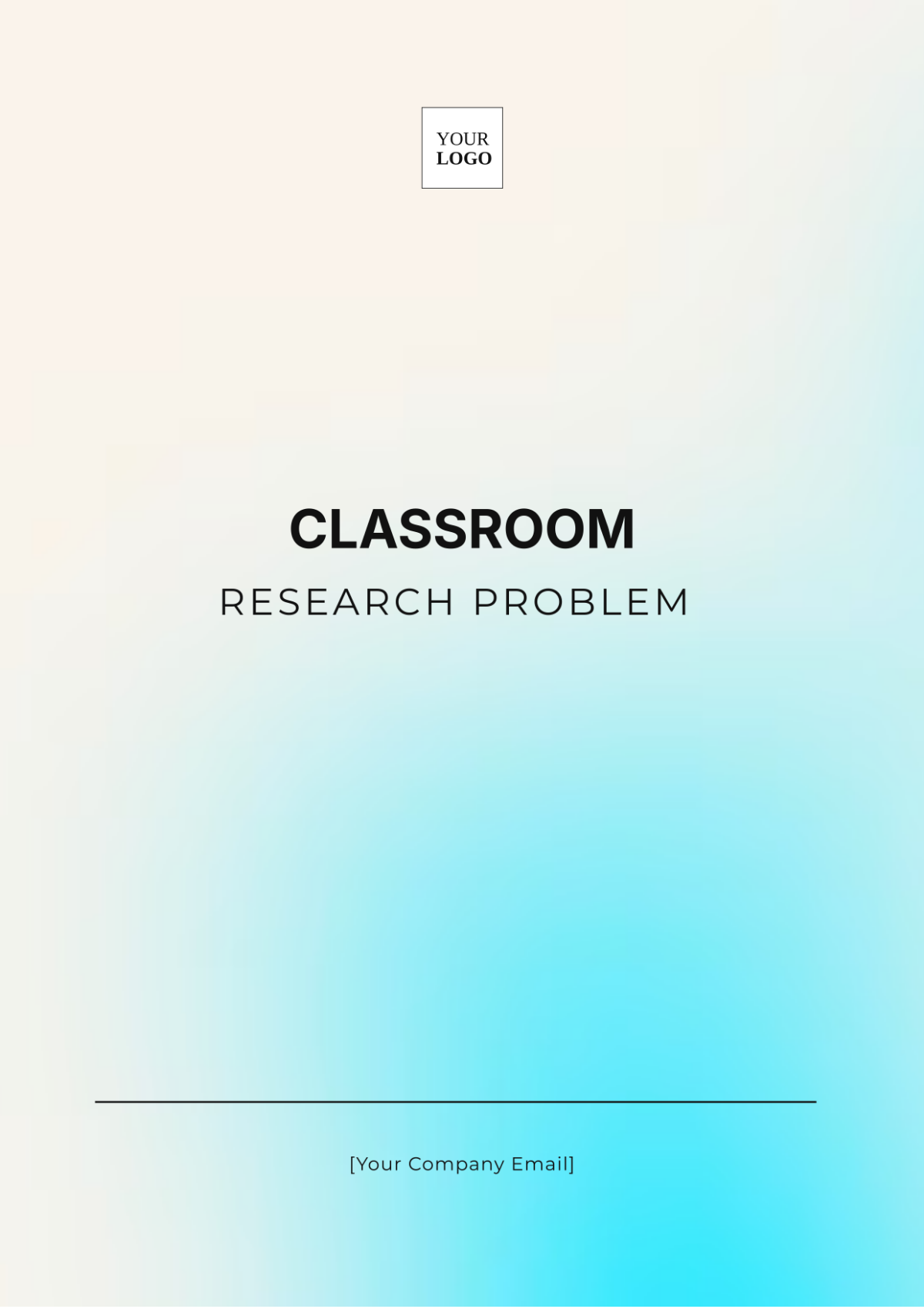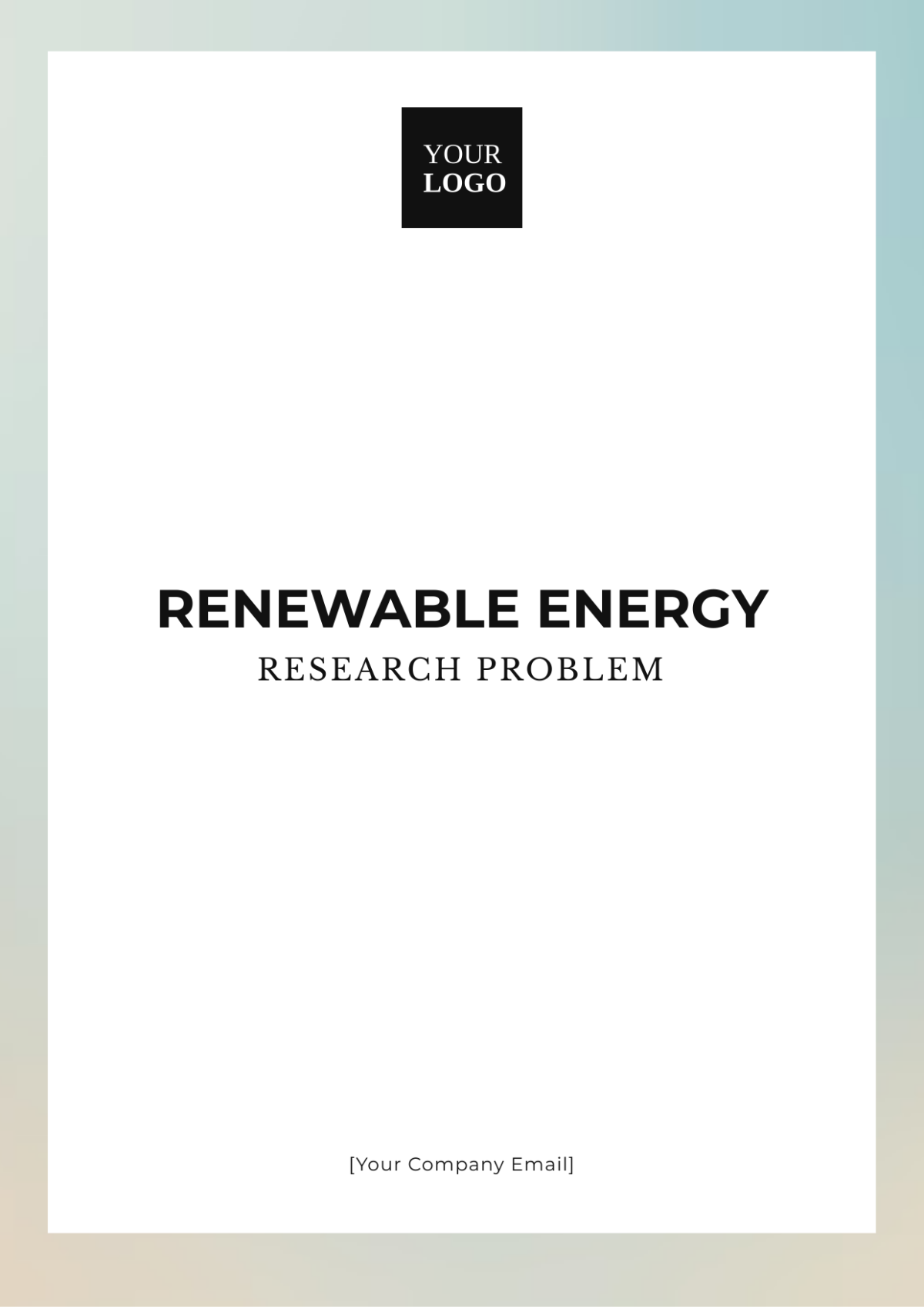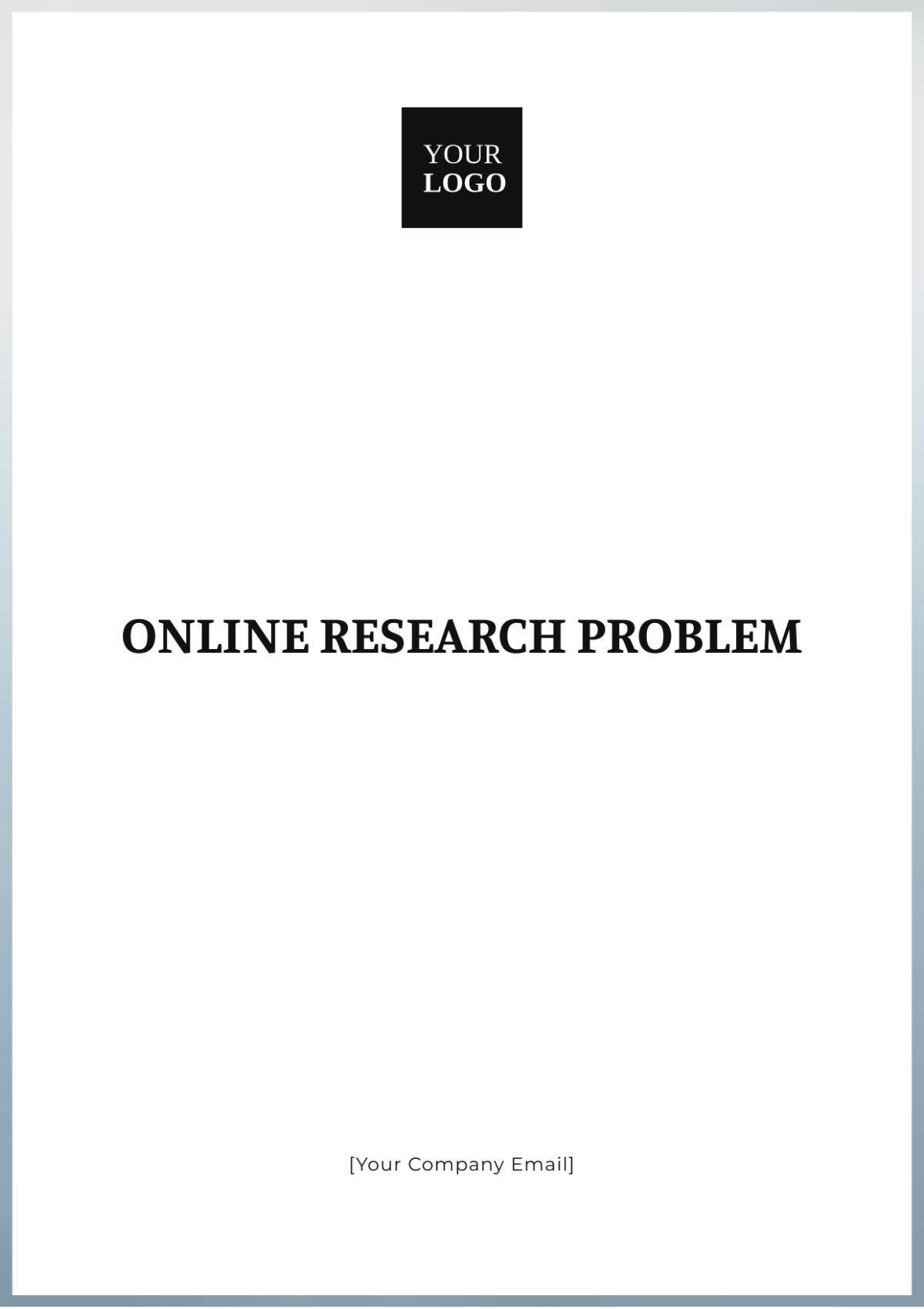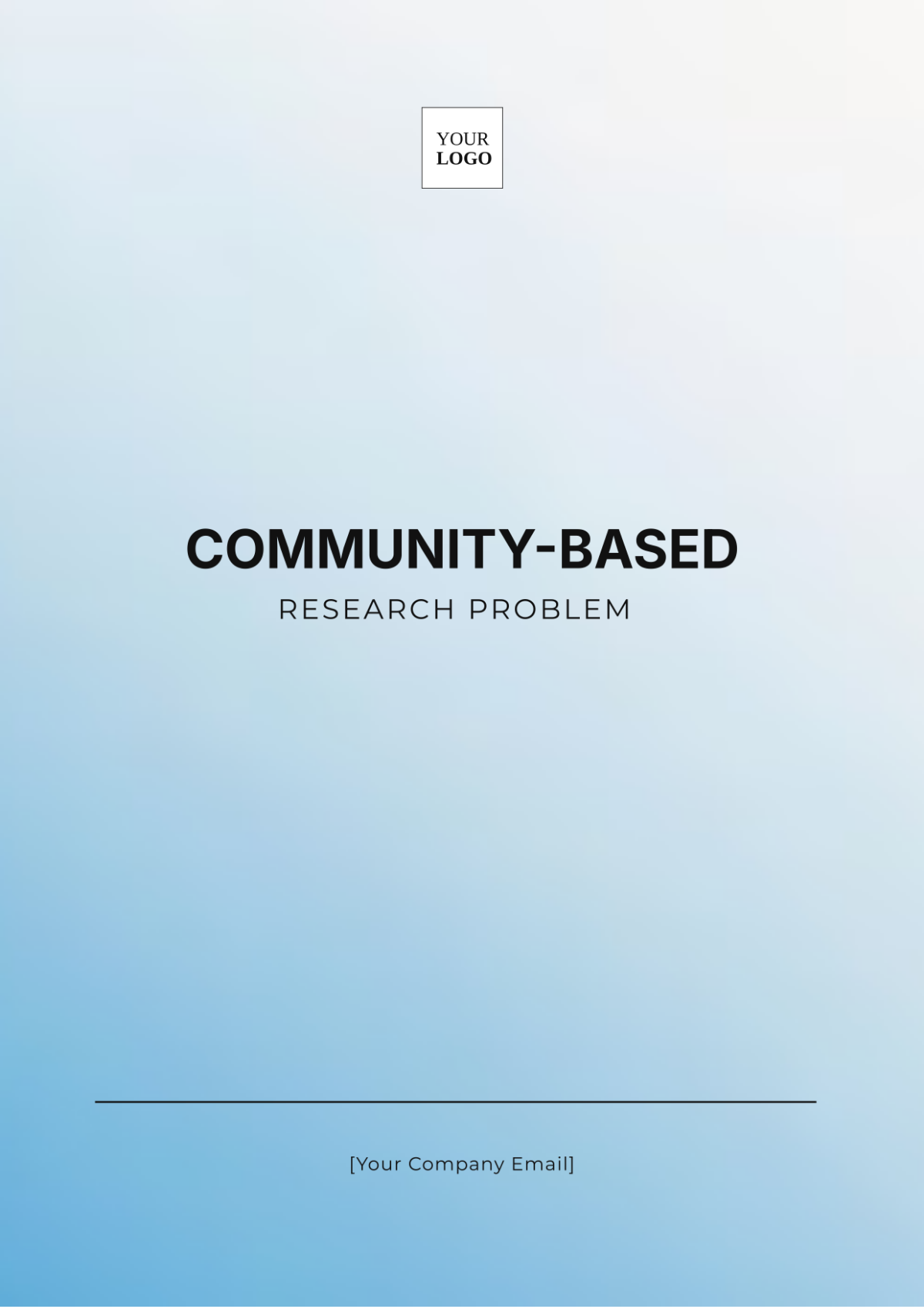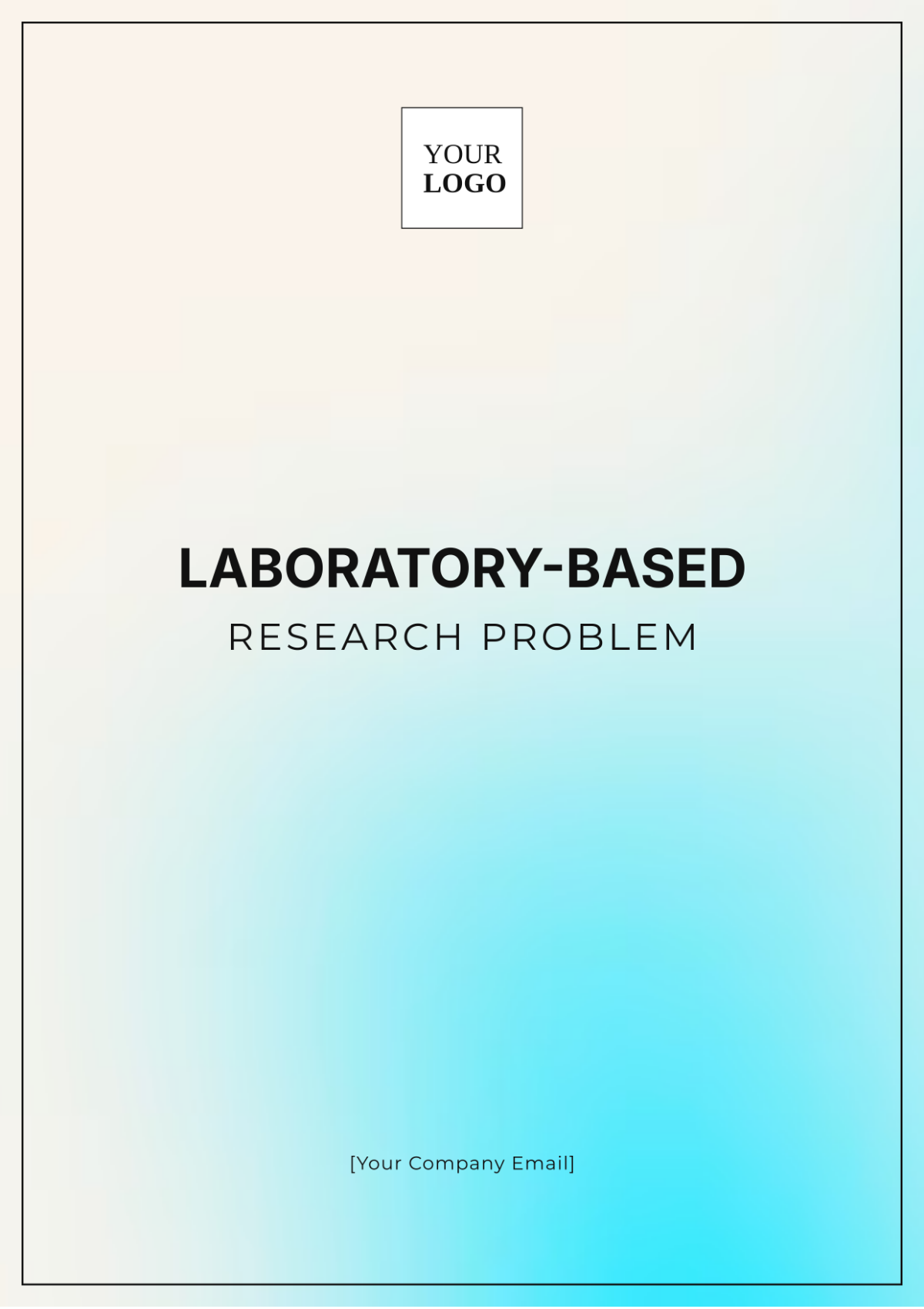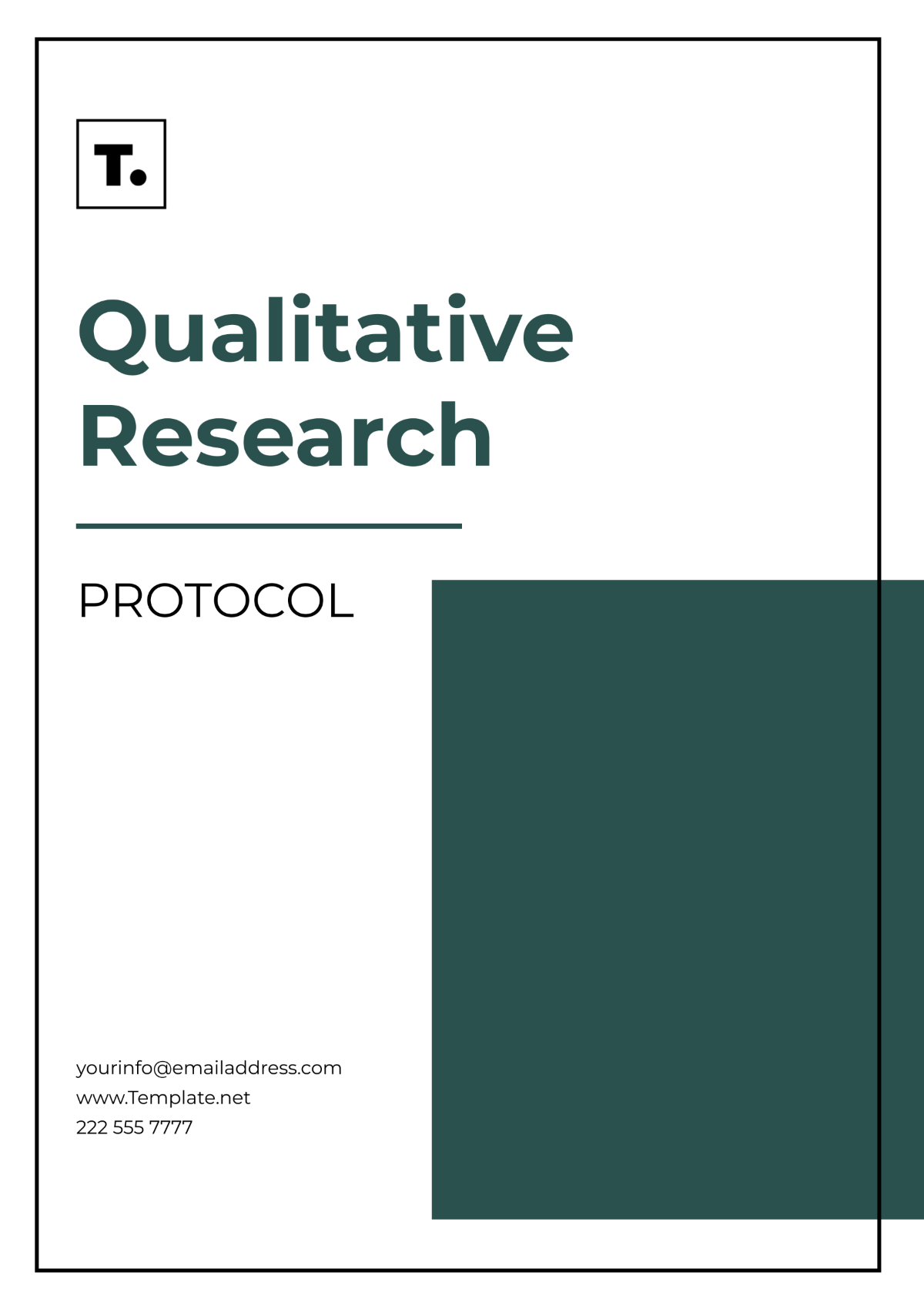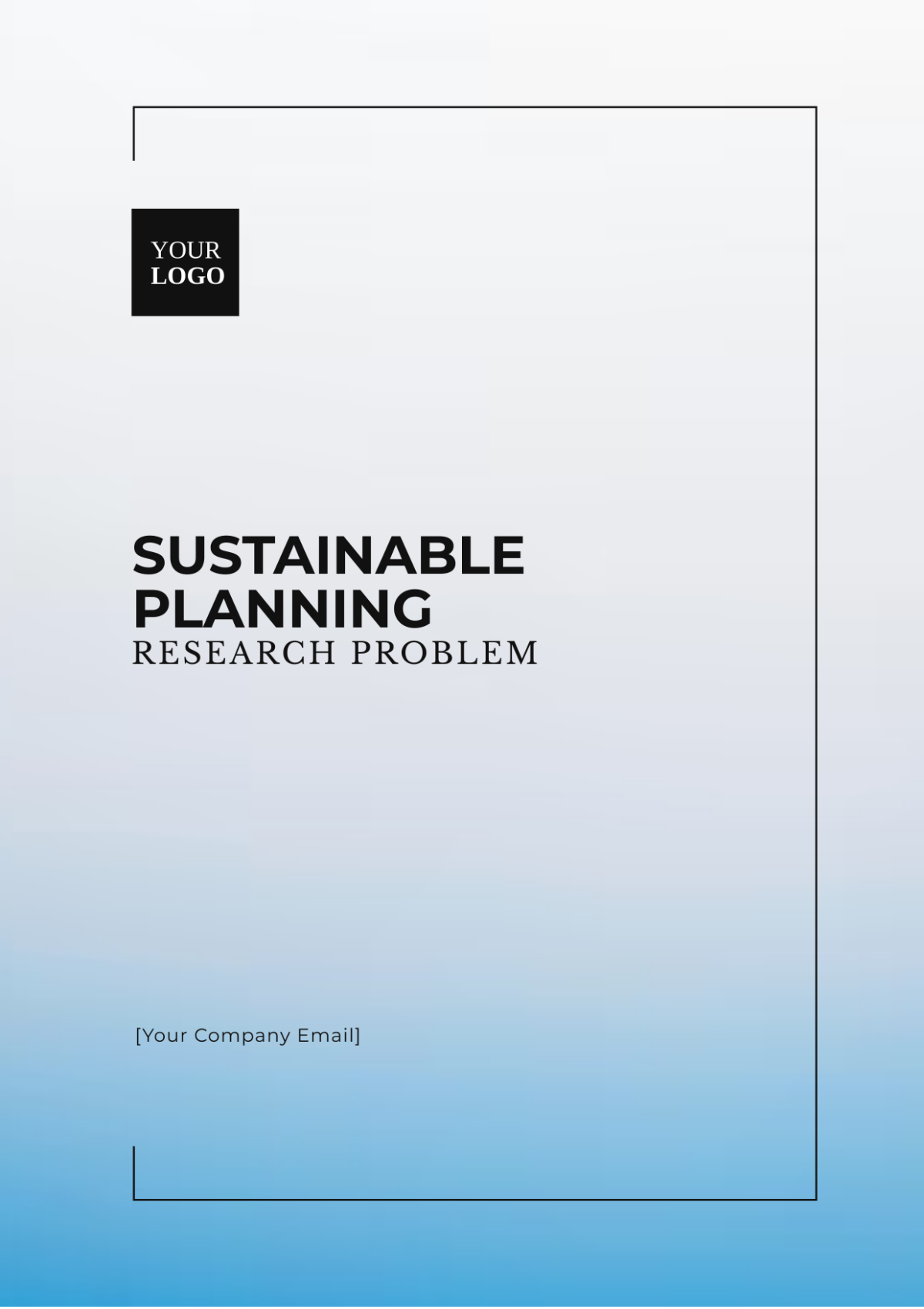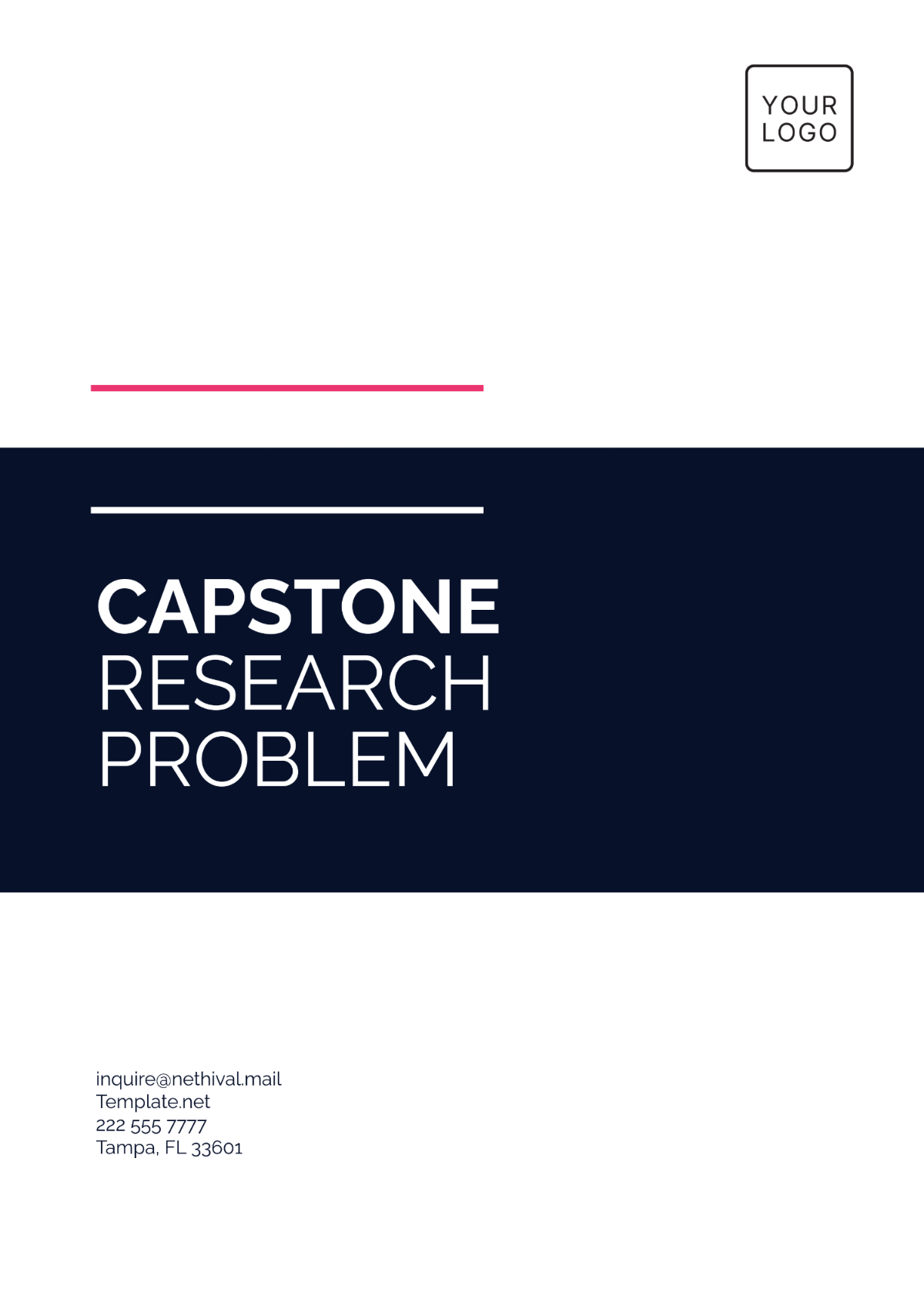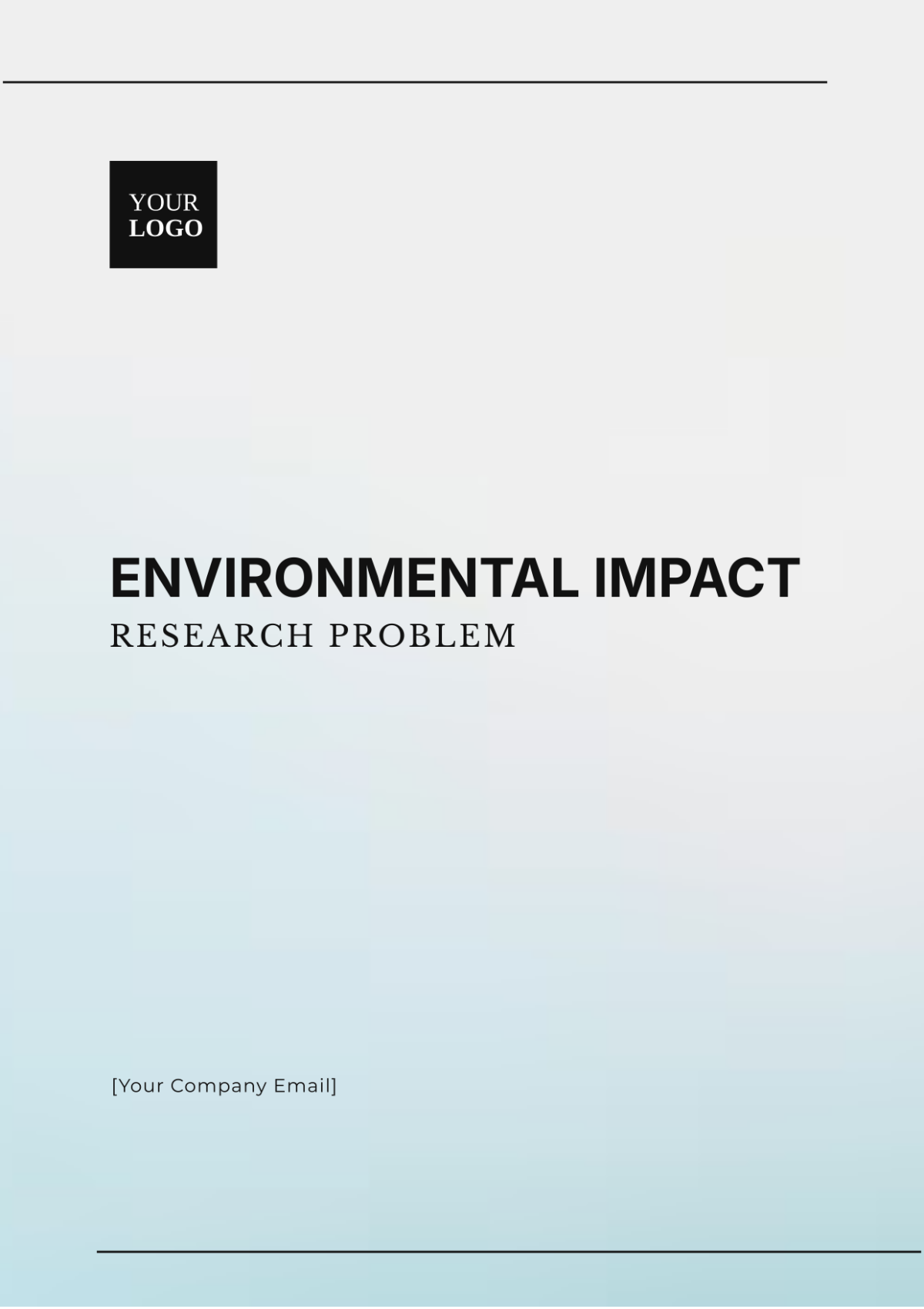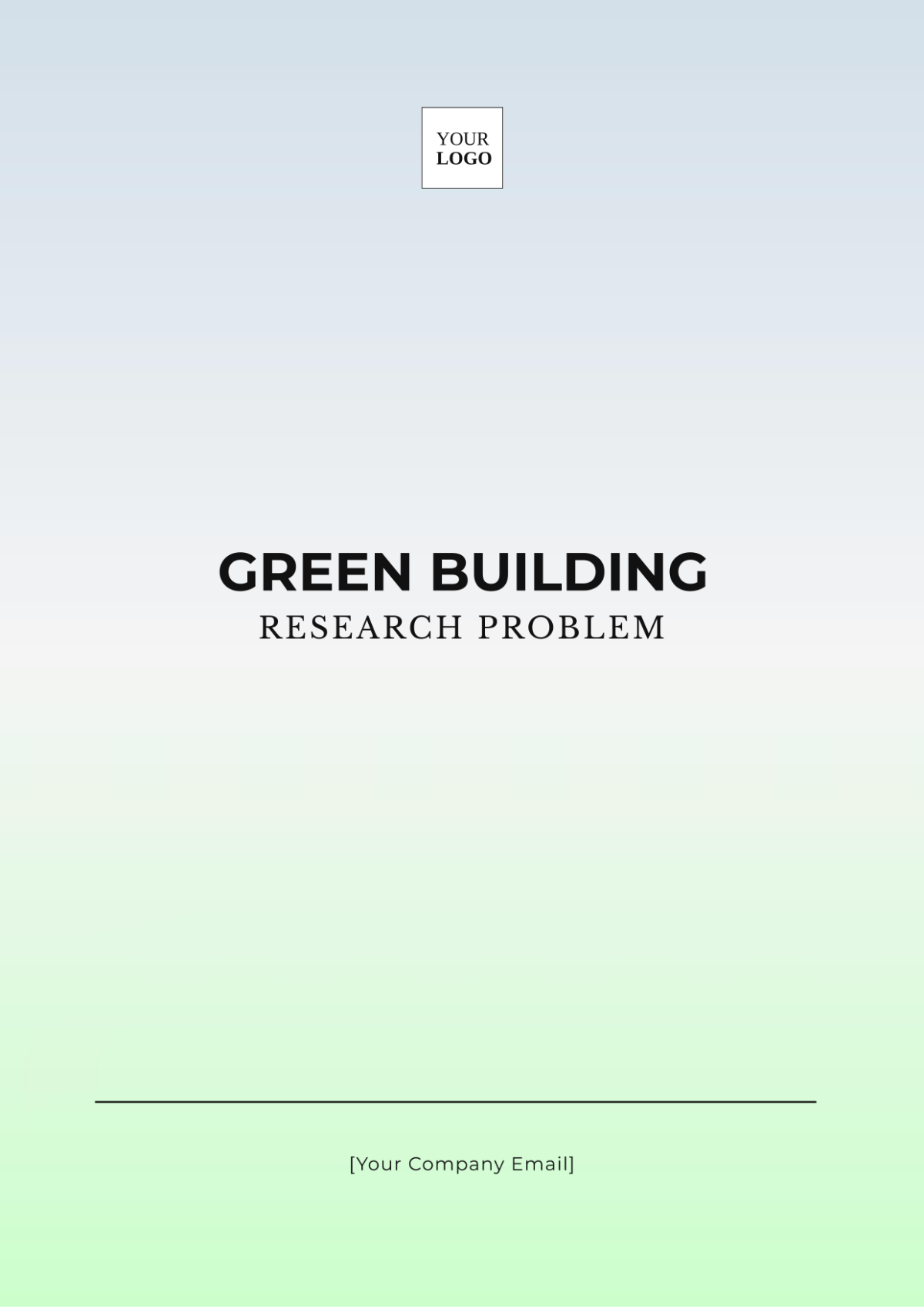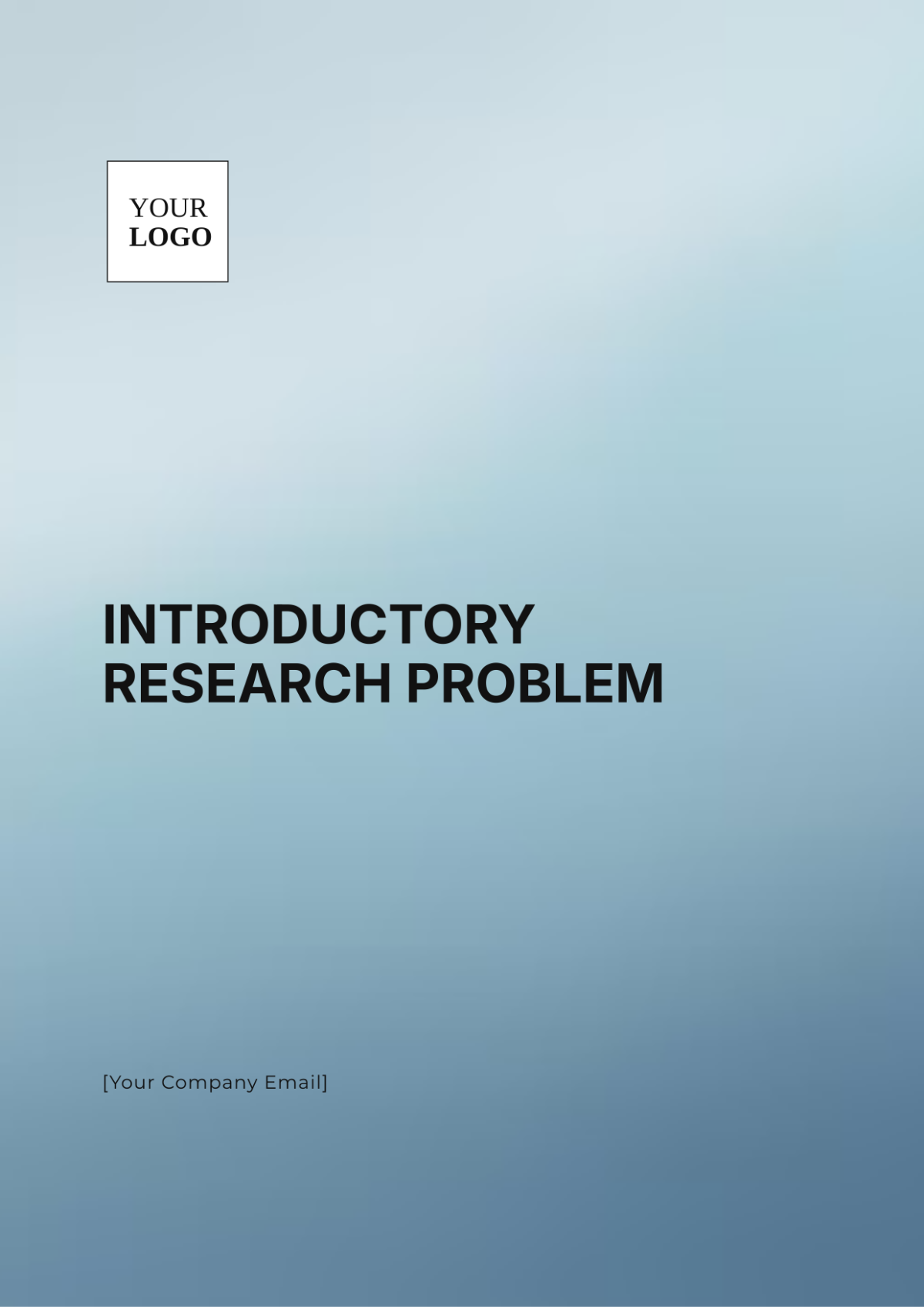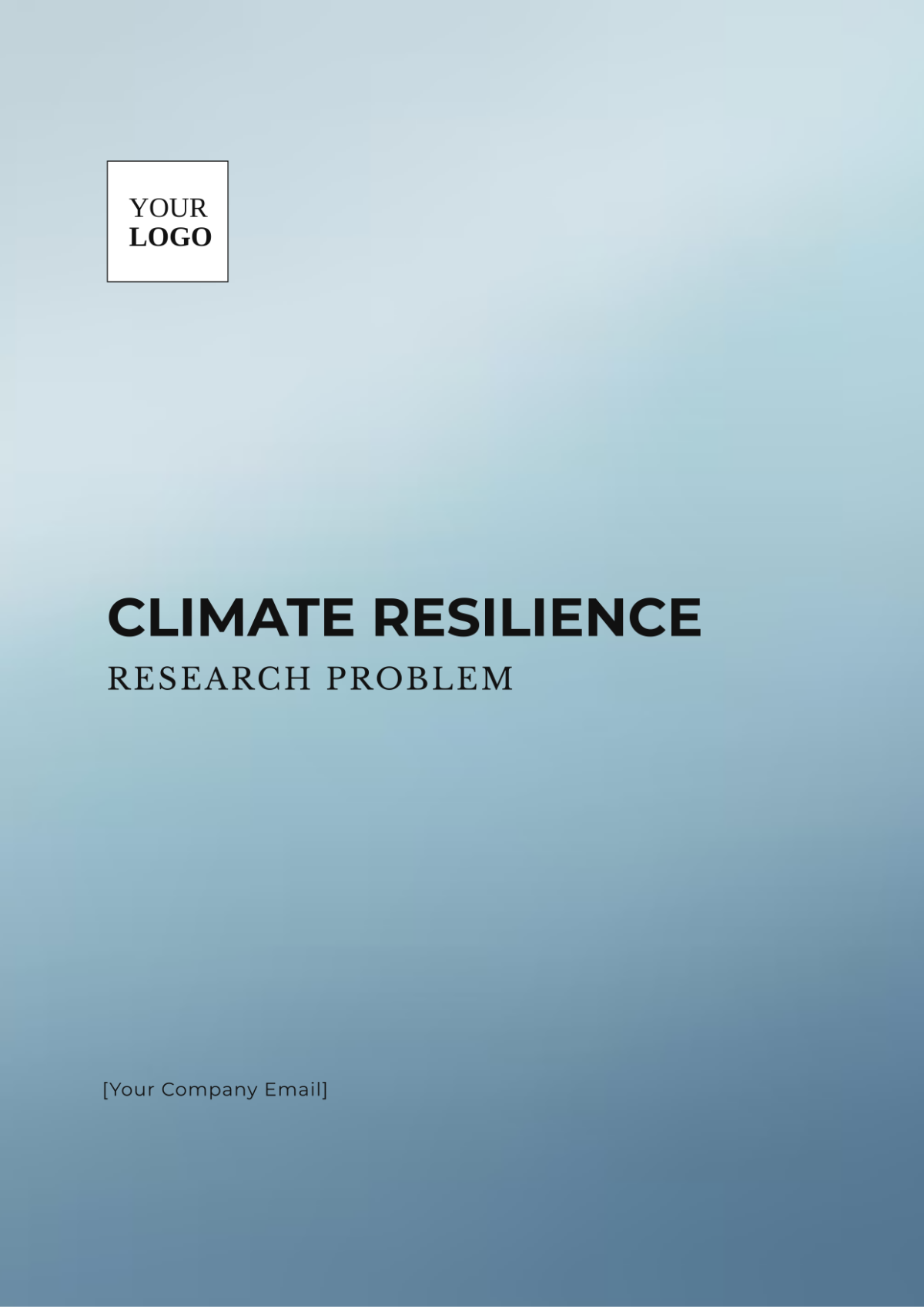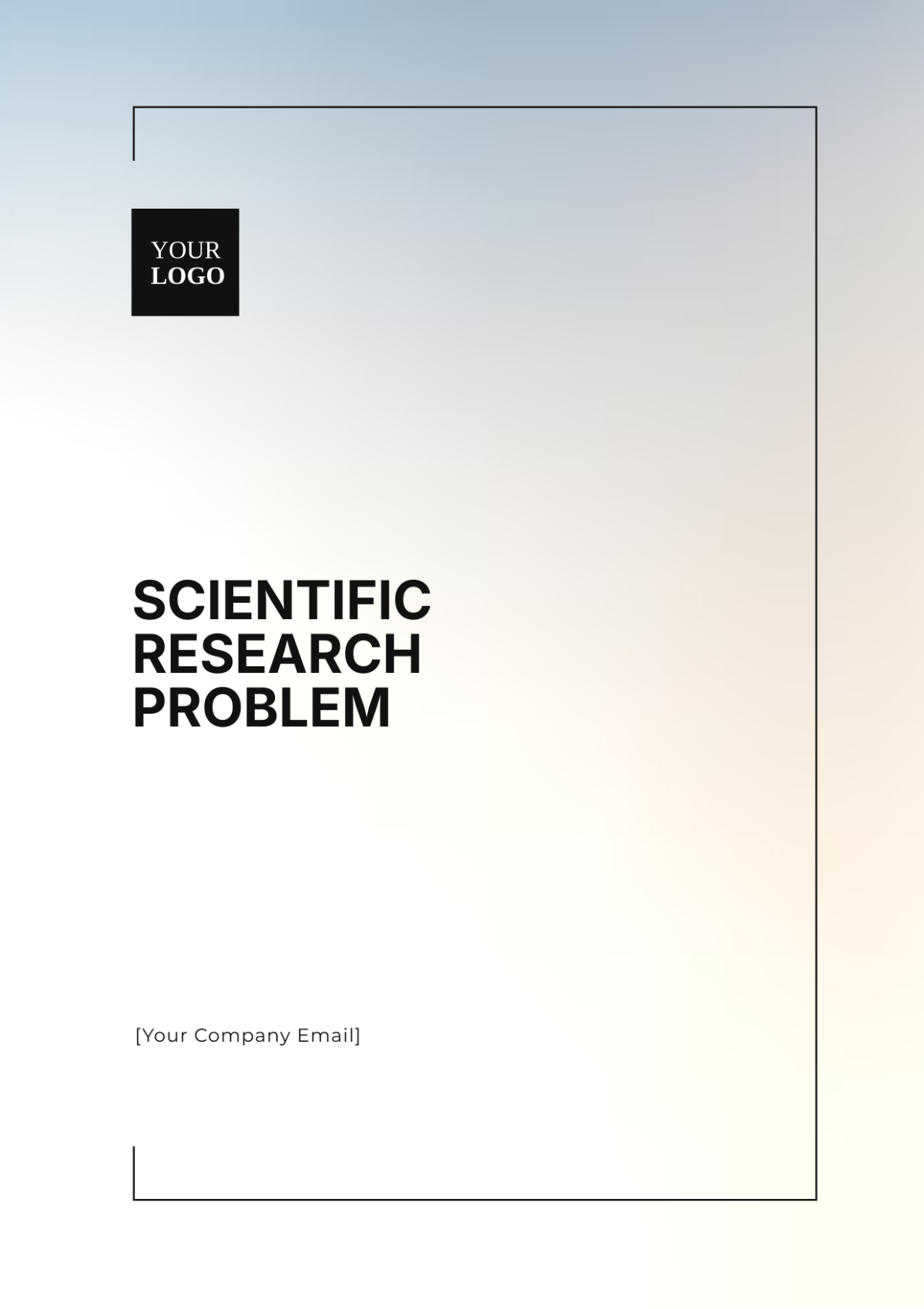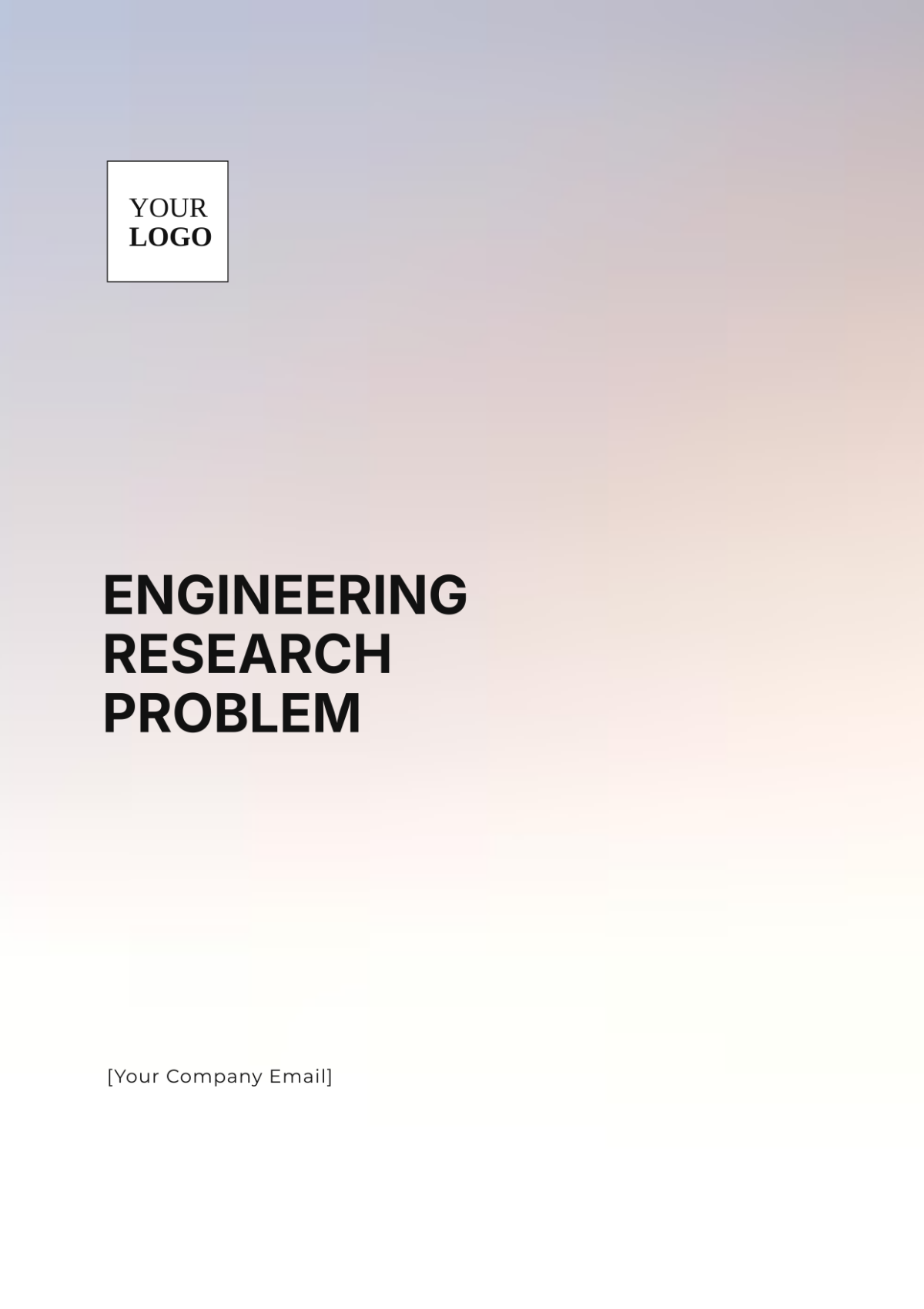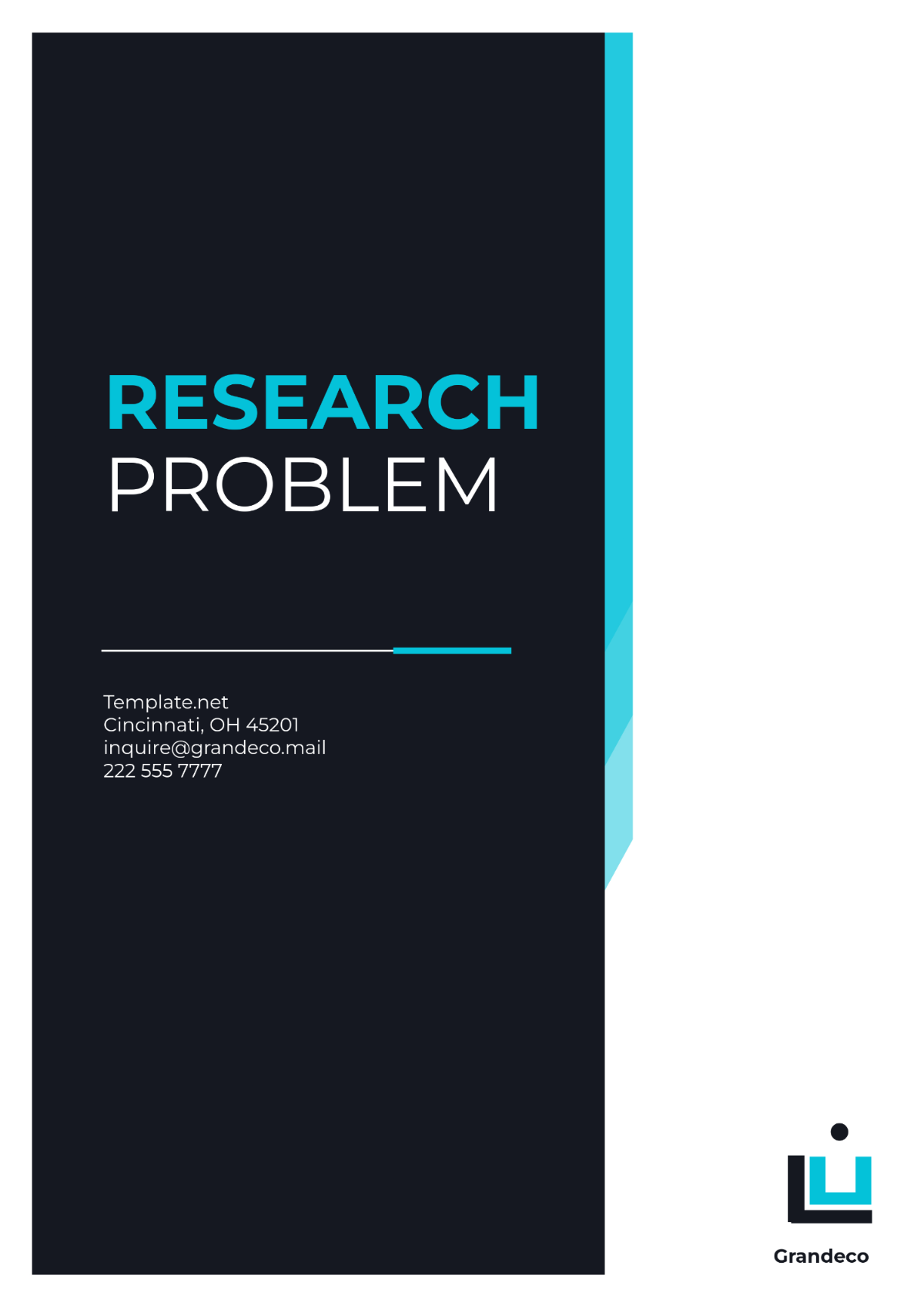Readiness Approach Research Process
Researcher: [Your Name]
Date: [Date]
I. Introduction
The Readiness Approach Research Process involves systematically evaluating and preparing for potential challenges and requirements that may arise in various future scenarios. This process is critical for both organizations and individuals to ensure they can effectively manage and adapt to upcoming changes or unexpected events. It focuses on assessing current capacity, resources, and preparedness, enabling the formulation of strategies to enhance overall readiness and capability.
II. Objectives
The primary objectives of a Readiness Approach Research Process are:
To Evaluate Capacity and Resources: Assess the existing resources and capacity available to determine their adequacy for future scenarios.
To Assess Preparedness: Evaluate how well an organization or individual is prepared for anticipated changes or specific situations.
To Identify Challenges and Requirements: Pinpoint potential obstacles and requirements that may impact readiness.
To Develop and Implement Strategies: Formulate strategies to address identified gaps and enhance overall readiness and capability.
III. Methodology
The methodology for this research process includes several key steps:
Data Collection: Gather both quantitative and qualitative data through advanced surveys, interviews, and other relevant sources.
Readiness Assessment: Use sophisticated assessment tools and metrics to evaluate current preparedness levels.
Gap Analysis: Identify discrepancies between current readiness and optimal preparedness standards using predictive analytics.
Strategy Development: Create targeted strategies to address gaps and improve readiness, considering future trends and potential disruptions.
Implementation: Execute the developed strategies, employing cutting-edge technology and monitoring systems to track progress.
Review and Feedback: Continuously review the effectiveness of strategies and make adjustments based on real-time feedback and evolving conditions.
IV. Findings
Based on the research conducted, the following key findings have been identified:
Lack of Comprehensive Readiness Plans: Many organizations and individuals have incomplete readiness plans and often underestimate the scope of potential challenges.
Misalignment of Resources: Resource allocation frequently does not match the actual needs for effective preparedness.
Gap in Preparedness Standards: There is a significant gap between current preparedness levels and the optimal standards required for future scenarios.
Importance of Communication and Training: Effective communication and ongoing training are critical elements that are often lacking in current readiness strategies.
V. Recommendations
To improve preparedness for future scenarios, the following recommendations are proposed:
Develop Comprehensive Readiness Plans: Create detailed plans tailored to various future scenarios and requirements, incorporating advanced forecasting techniques.
Align Resource Allocation: Ensure that resources are allocated based on thorough readiness assessments and future projections.
Implement Continuous Training Programs: Establish regular training programs to keep all stakeholders updated and prepared for future developments.
Review and Update Strategies Regularly: Continuously review and adapt readiness strategies to stay aligned with changing environments and emerging challenges.
Cultivate a Culture of Preparedness: Promote a proactive culture of readiness within organizations and among individuals.
VI. Conclusion
The Readiness Approach Research Process is vital for assessing and enhancing preparedness in the face of future challenges. By evaluating current capacity, resources, and preparedness levels, organizations and individuals can develop effective strategies to address potential issues. Implementing the provided recommendations will lead to a higher level of readiness and improved outcomes when dealing with future scenarios or changes.
VII. References
Please consult the following references for further reading and detailed information:
Smith, J. A. (2050). Future-Proofing Organizations: Strategies for Readiness and Resilience. Innovation Press.
Johnson, L. M. (2051). "Assessing Organizational Preparedness for Future Challenges." Journal of Strategic Planning, 34(2), 45-62.
Doe, R. (2052). "Adapting to Emerging Trends: The Role of Readiness in Modern Organizations." Retrieved from www.futuretrends.org/readiness.
VIII. Appendices
The appendices section includes supporting materials such as:
Appendix A: Detailed Survey Questions
Appendix B: Assessment Tool Templates
Appendix C: Data Analysis Results
















